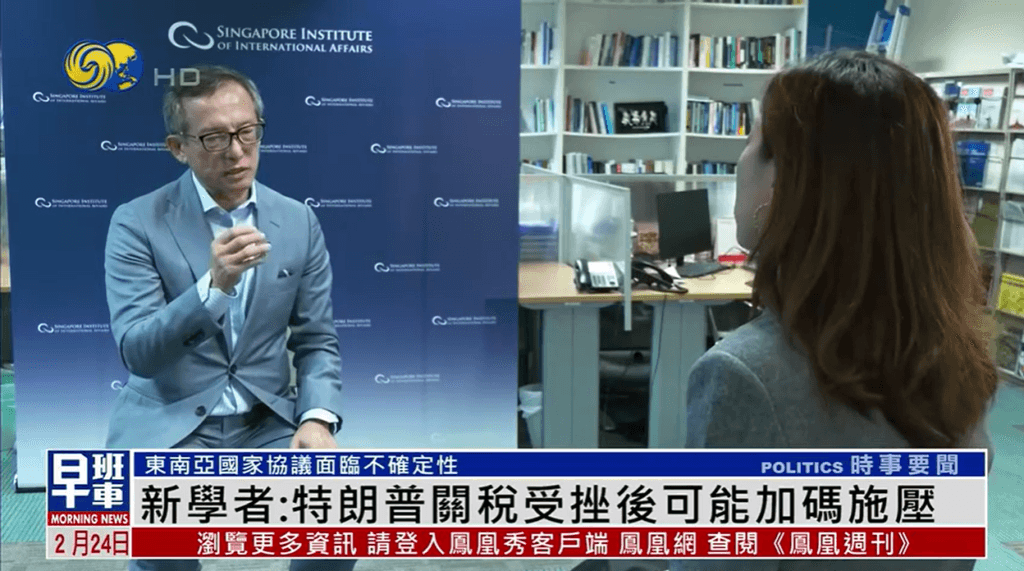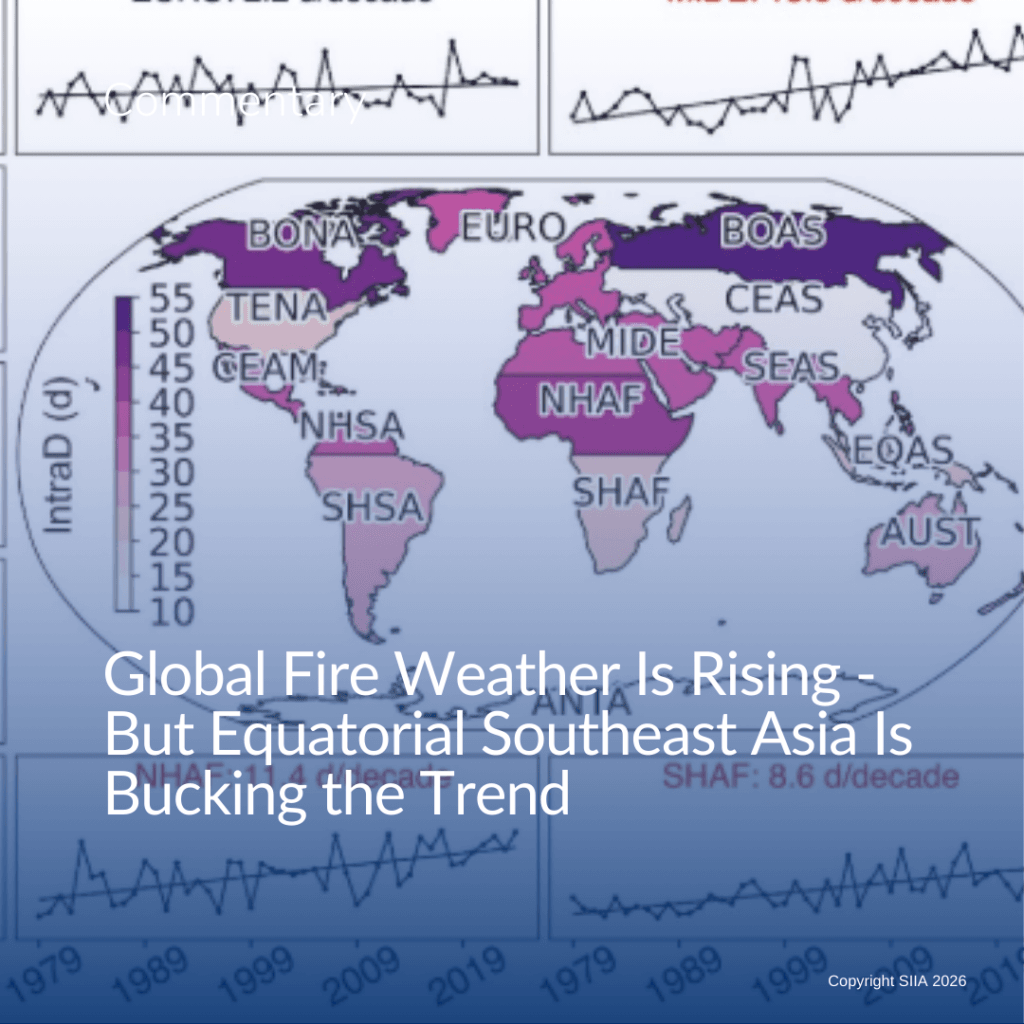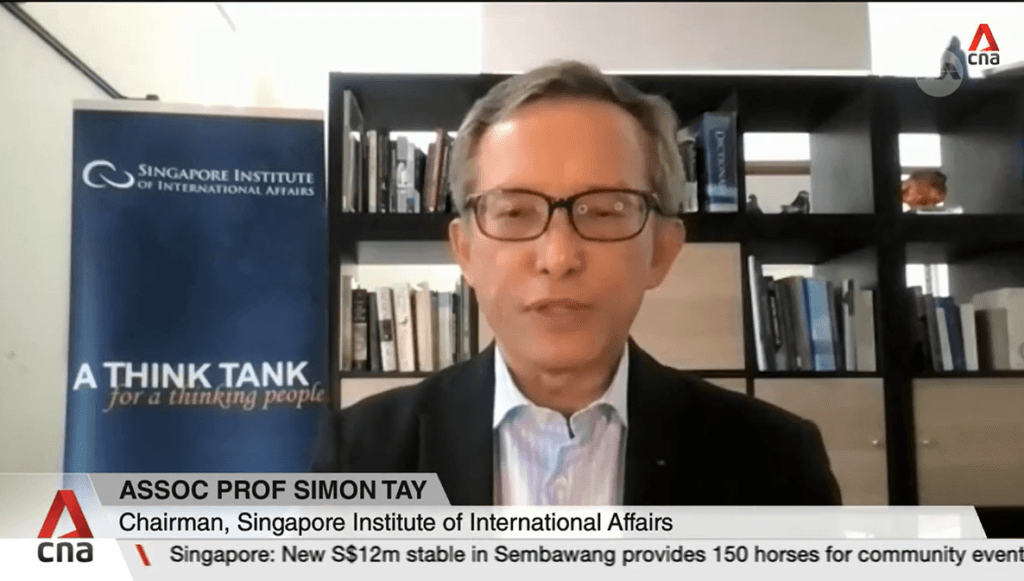Expectations are rising about a meeting between United States President Joe Biden and China’s leader Xi Jinping in mid-November.
“We’re aiming to have a constructive conversation, meeting between the leaders in San Francisco in November,” White House press secretary Karine Jean-Pierre said recently of the long-awaited talks. The plan is for it to take place on the sidelines of the Asia-Pacific Economic Cooperation (Apec) Summit, scheduled to run from Nov 11 to 17.
Although the Chinese side has yet to officially confirm a meeting between the two leaders, much rests on the outcome of a face-to-face encounter between Mr Biden and Mr Xi.
The two men have had no contact since Nov 22, 2022, during the Group of 20 summit in Bali. The last time Mr Xi was in the US was in 2017, when President Donald Trump was new in office. Not long after, American trade sanctions followed, and ties plunged into a phase marked by acrimony and mutual finger-pointing, without regular dialogues to manage differences.
Given that many key underlying issues remain unresolved, what can we expect of a “constructive conversation” between Mr Xi and Mr Biden in San Francisco?
New dynamics
To tackle the question, we need to look at what has happened since Mr Xi’s meeting with Mr Trump in 2017.
Since then, the Biden team has diligently and effectively cultivated closer ties with countries across the Indo-Pacific – centred on strategic and defence cooperation. Outreach efforts include India, Japan, Australia, South Korea, Vietnam and the Philippines. This comes on top of combinations like the Quad with India, Japan and Australia, and the Camp David meeting that triangulated Japan and South Korea. Ties with Taiwan, too, have notably stepped up.
While some are already traditional allies, with the two Asean members – the Philippines and Vietnam – there were significant upgrades. President Biden’s visit to Hanoi elevated the relationship to a comprehensive strategic partnership. Following Philippine President Ferdinand Marcos Jr’s visit to the US, agreements were reached to give the US additional access to military bases.
In toto, the Biden administration has reinforced the latticework of ties with countries around China. They need not amount to a Cold War alliance or containment strategy. But the clear signal is that the US remains present and engaged, and is indeed welcomed.
The other key shift is economic. Over the past year, since exiting near absolute lockdown, China’s economy has underperformed and shown signs of stress. In contrast, the American economy just reported its strongest numbers in over a decade. This recalibrates expectations about China’s perpetual growth and American decline.
No one should count out China. Nor are these recent diplomatic shifts in the region necessarily binary and implacably committed to oppose China. But these dynamics are palpable.
They can even be helpful to restore a balance in Sino-American ties.
Consider why the relationship turned negative.
One factor is the American belief that China is out-competing and overtaking the US, and by unfair means. Another factor is that China seemed to be overly ambitious and assertive, even aggressive. In this context, a more self-assured US and a less strident post-pandemic China are not a terrible thing.
The late paramount leader Deng Xiaoping advised that China “hide our capacities, bide our time, keep a low profile, and never claim leadership”. Today’s China cannot go back to those edicts. But other parts of what Mr Deng said still ring as relevant in a tumultuous world, especially to “secure our position, cope with affairs calmly”.
Domestic factors
There will be obstacles to achieving significant outcomes from a Biden-Xi summit. Much relates to domestic politics.
Mr Biden faces a presidential election in 2024, and is entering the long season of campaigning with poor numbers. There is nothing to be gained from being perceived as soft on China.
Anti-China sentiments have seeped into American thinking, including among ordinary voters and the labour movement – a core constituency for Mr Biden and the Democrats.
Boosters for Mr Biden may want to tout how he has been tough, thorough, and able to restart dialogue on terms that the US considers fair.
Yet, conversely, President Xi must be cautious about any sense that he is kowtowing to the Americans. While serving a record third term, he must reckon with his own domestic audience and Chinese pride.
One particular red flag issue could be Taiwan, which is already in electioneering mode, leading up to its presidential election in early 2024. Since the Trump-Xi summit, Taiwan’s future has drawn the US and China into increasingly fraught territory, stoked by increased military shows of force by the Chinese, and provocative rhetoric and actions by US politicians. Neither Mr Biden nor Mr Xi could be seen to back down from their countries’ position on Taiwan.
High hopes are necessary
There are, therefore, sensitivities that need to be managed. But what could such a meeting accomplish, if anything?
There are at least three clusters of issues, in ascending order of hope and ambition.
Perhaps the easiest could be about Apec. In past summits, China and the US have bickered over statements. Avoiding an impasse would be a small but positive result, especially as the US is hosting.
The two could move forward on wider issues related to climate, economic growth and inequality, inflation, and debt. These have been usefully discussed between ministers and could be amplified in the larger Apec gathering.
A second degree of difficulty concerns bilateral trade sanctions. These were initiated by Mr Trump and continued under the Biden administration. Even though sanctions have hurt both sides, it would take courage for the Biden administration to change course and, most certainly, any move must not be couched as a concession to China.
Rather, it needs to be spun as a result of the Biden administration’s steps forward on a wide swathe of issues on supply chains, data chips and near-shoring, as well as strategic initiatives. The claim would be that Mr Biden has done what Mr Trump would have tweeted but never accomplished. Therefore, this has brought China back to the table in a fairer way.
A third cluster of issues must be the management of two big conflicts – ongoing in Ukraine and emergent as Israel retaliates against the Hamas. These are the most immediately important issues to resolve and also the most difficult.
Yet, there are prospects for Sino-American dialogue, especially to prevent escalation in the Middle East.
It is to be expected that China has taken up a different rhetorical approach on Israel’s actions. But fundamentally, both Beijing and Washington have similar concerns about a broadening conflict. They need to act in concert – even if in different ways and words – to stem the conflict from embroiling Saudi Arabia and Iran. This is a key and fast-moving risk. The effects of a broader conflict will reverberate beyond the Middle East, affecting the wider interests of both the US and China.
In October, Chinese Foreign Minister Wang Yi let on that the road to talks between Mr Xi and Mr Biden in San Francisco was still “not smooth”. But at a Washington event hosted by the Aspen Strategy Group, Mr Wang also said that “both sides hope to stabilise and improve bilateral relations as soon as possible”.
Mr Wang’s remarks illuminate both the difficulties of achieving a breakthrough in talks as well as an interest in being able to shift to a new phase of Sino-US relations. Given how consequential the relationship is to the rest of the world, much rests on the hope that when Mr Biden and Mr Xi meet, their dialogue goes beyond a hello and a handshake.
Simon Tay is chairman of the Singapore Institute of International Affairs (SIIA).
This article was first published on 6 November 2023 in The Straits Times.
Source: The Straits Times © SPH Media Limited. Permission required for reproduction.




